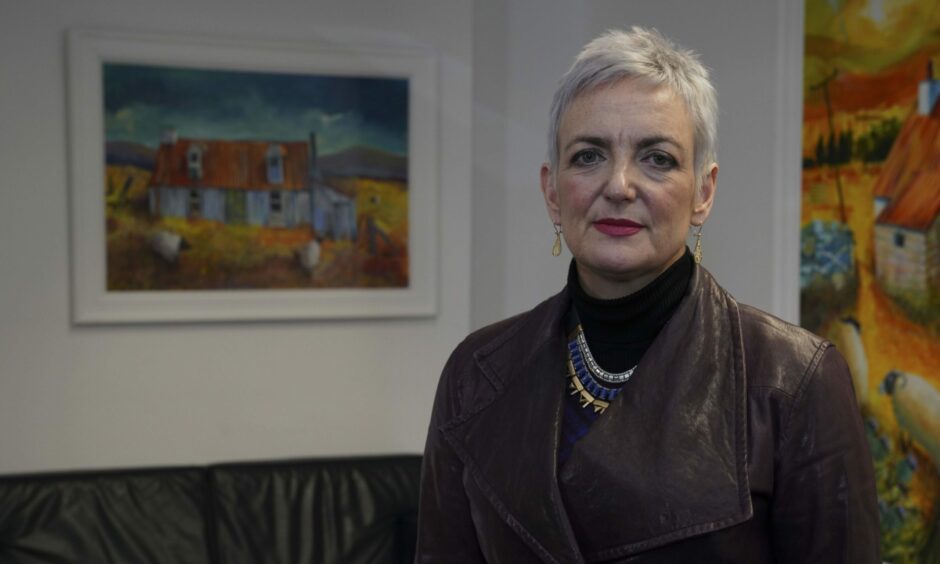
There have already been heated debates at Holyrood over such issues as gender recognition reform, the deposit return scheme, a ban on alcohol advertising and the question of highly protected marine areas.
And we can expect similar arguments about the Victims, Witnesses and Justice Reform (Scotland) Bill, which has advocated a radical transformation of Scottish courtrooms, including scrapping the not proven verdict, reducing the size of criminal juries from 15 to 12 and establishing a new specialist sexual offences court.
The measures were unveiled by Justice Secretary, Angela Constance, in the Scottish Parliament less than a fortnight ago and escaped a greater level of scrutiny than might have been expected, given the myriad internal issues facing the SNP, and the new First Minister, Humza Yousaf, but opposition is growing among legal bodies.
And this week retired judge Roderick Macdonald, Lord Uist, hit out at the proposals for the pilot of juryless attempted rape and rape trials. He also criticised a provision in the Bill which would allow the Lord Justice General to dismiss the president and vice president or any other judge of the proposed sexual offences court.
Writing in Scottish Legal News he said the proposals were “constitutionally repugnant”.
Warning over miscarriages of justice
Meanwhile, the Law Society of Scotland has warned there could be an increase in miscarriages of justice if not proven is scrapped, with one study in 2019 finding that ditching such a verdict – which has been in use for centuries, and is unique to this country – could incline more jurors towards a guilty verdict in finely-balanced trials.
However, it’s in other areas there is greater anxiety and cause for concern. One lawyer, responding to the bill’s message that at least eight of the 12 jurors will need to agree that the accused is guilty for them to be convicted rather than the current simple majority of eight out of 15, told me: “Do they want fewer convictions?”
And there are similar reservations over a pilot project which will lead to rape and attempted rape cases being held without the presence of a jury, with a single judge deciding whether or not the accused is guilty.
A jury is a better reflection
Murray Etherington, the Law society’s president, said: “The right to a fair trial is a cornerstone of the Scottish criminal justice system. Even on a pilot basis, judge-only trials will put that fundamental right in jeopardy with no discernible benefits.
“By its very definition, a jury is a better reflection of Scottish society than a single judge can possibly be. Juries act as an essential and effective safeguard against the potential for unconscious biases to unfairly influence trial outcomes.”
However, Fiona Drouet, who has campaigned against gender-based violence since her teenage daughter, Emily, killed herself at Aberdeen University halls of residence in 2016 after suffering verbal and physical abuse from her boyfriend, is among those who believe the low conviction rate in rape cases means the pilot project is worthwhile.
She told the Press & Journal: “The sad fact is that rape myths are all too prevalent across society and these undoubtedly influence decisions in the courtroom.
“Like it or not, the majority of us hold unconscious biases, particularly when it comes to violence against women. We are programmed from a young age to believe that we have control over our own safety. For example, if you don’t wear a short skirt, don’t walk home alone and don’t drink too much, then you won’t be raped.
The rapist is to blame, not the victim
“So when we hear that somebody did wear a short skirt, did walk home alone and did drink too much, too many people are still inclined to think it was her own fault.
“It’s horrifying. There is only one person to blame for rape and that is the rapist. But, until we educate the general public, we cannot place these decisions in their hands.
“My concern with the proposed model, however, is that for it to work, it’s imperative we also educate judges. That is absolutely vital. So, while I support the move in these cases, that doesn’t mean I don’t have concerns about it.”
Her words were echoed by Rape Crisis Scotland chief executive Sandy Brindley, who explained how difficult it can be for juries to convict people accused of serious sexual offences and how the factors cited by Mrs Drouet often play their part in the process.
She said: “In Scotland, conviction rates for rape are the lowest of any crime. For cases that reach trial, the conviction rate is around 51% compared to 91% for all other crimes.
“Proposals including the ending of the not proven verdict, the introduction of a specialist sexual offence court, anonymity for complainers in sexual offence cases, the potential for judge led trials and independent legal representation will make a material difference to how survivors access justice.
There are still problems with the Bill
“Making the decision to report sexual violence can be very difficult. We hope this bill will help to make this decision somewhat easier.
“But this is not a perfect bill. We have concerns about its proposed changes to jury majority from eight out of 15, to eight out of 12.
“We know that juries are reluctant to convict in rape cases, and any change in jury majority could have a significant impact on convictions.”
Katie Johnston, who was raped in Aberdeen’s Union Terrace Gardens in 2016, has backed the proposals, including getting rid of the not proven verdict.
The student nurse had been sitting on a bench texting a friend when she was dragged into the bushes and attacked. The perpetrator, Alasdair McDonald, was subsequently found guilty after a trial at the High Court in Edinburgh and jailed for 10 years.
She previously told The Press and Journal: “Obviously, there’s the trauma of first experiencing such a crime and then being brave enough to go to the police and report it all.
“To go through that whole process, then having to go to court and then repeat the story again to a courtroom full of people, and then for it to be not proven would just be absolutely devastating to hear. It would feel like a waste a time.”
Future challenges
Ms Constance has insisted that the building blocks of what she describes as “bold and ambitious” legislation will “help put victims at the heart of the justice system.”
She added: “To ensure that victims are treated with greater compassion and dignity, the Bill will create a specialist sexual offences court and give victims of such crimes an automatic right to lifelong anonymity, and in some cases, free legal representation.”
But that doesn’t mean it won’t face significant challenges in the future.
David Lorimer, a consulting engineer turned legal researcher in Aberdeen, has studied the reforms and is most concerned about the reduction in jury numbers.
He told me: “If the not proven verdict has to go, it has to go. There is, perhaps, some justification for that, but where is the considered justification for moving to 12 jurors and a two-thirds majority at the same time?
This could compound human tragedy
“Making such a wide range of simultaneous alterations to such a complex system [in Scotland] could result in outcomes that are unexpected, that are difficult to understand and embarrassing to back-track upon.
“In social terms, there is more than political embarrassment and academic ego at stake, there is a risk of compounding real human tragedy and adversely impacting upon basic human rights. So a more controlled reform to the system might be to introduce a pilot scheme for removal of not proven before moving to one to remove the jury.”
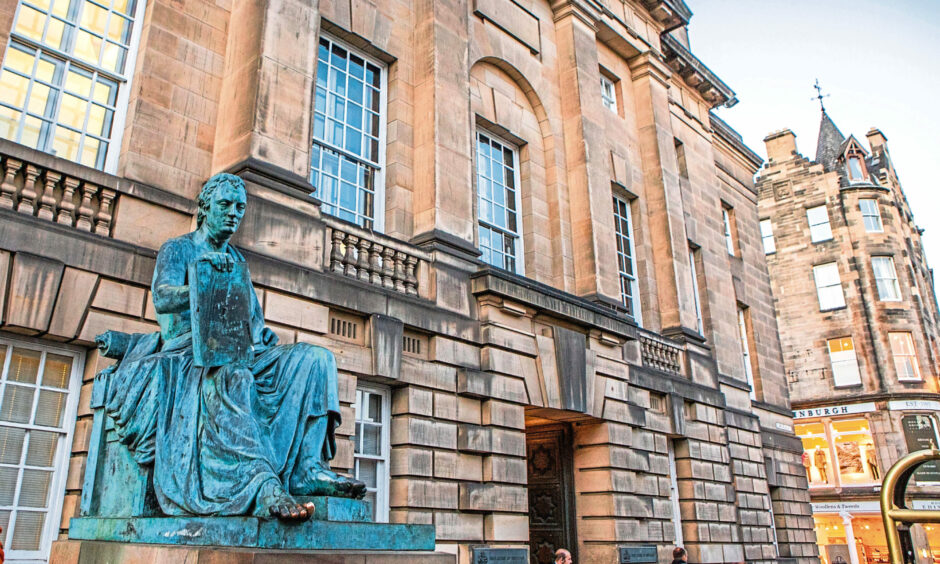
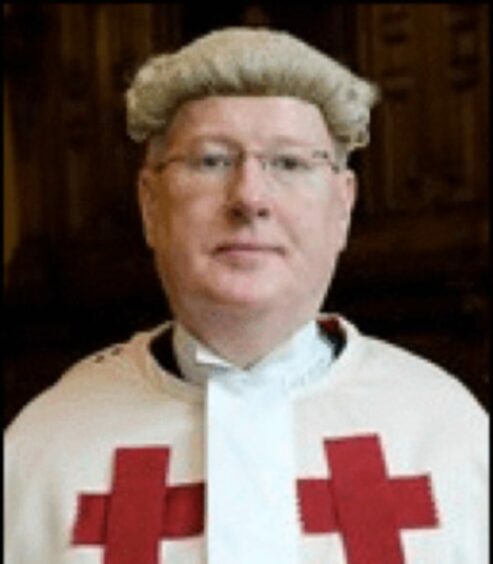
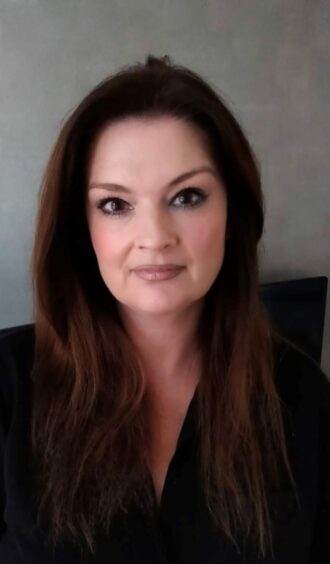
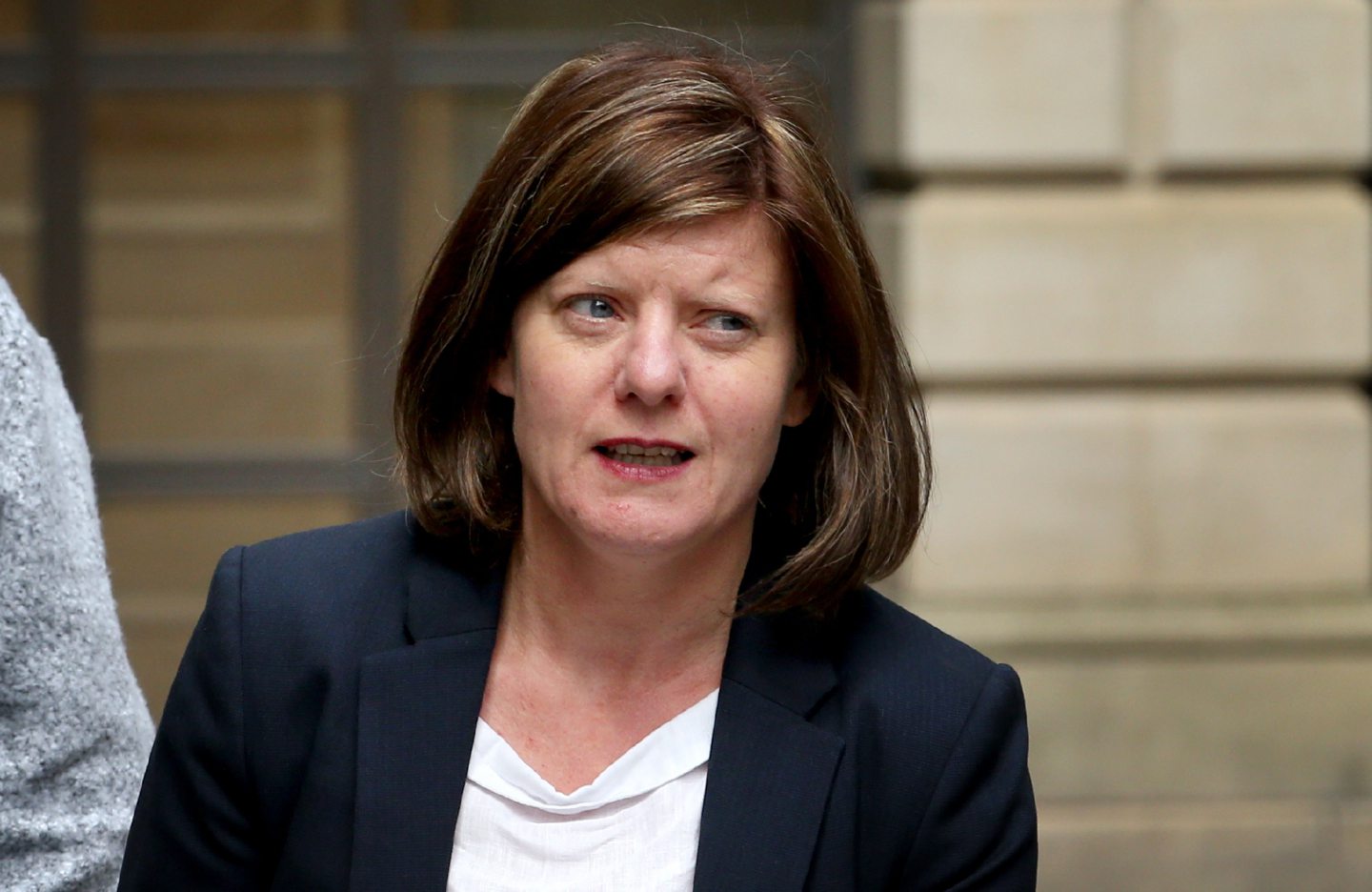
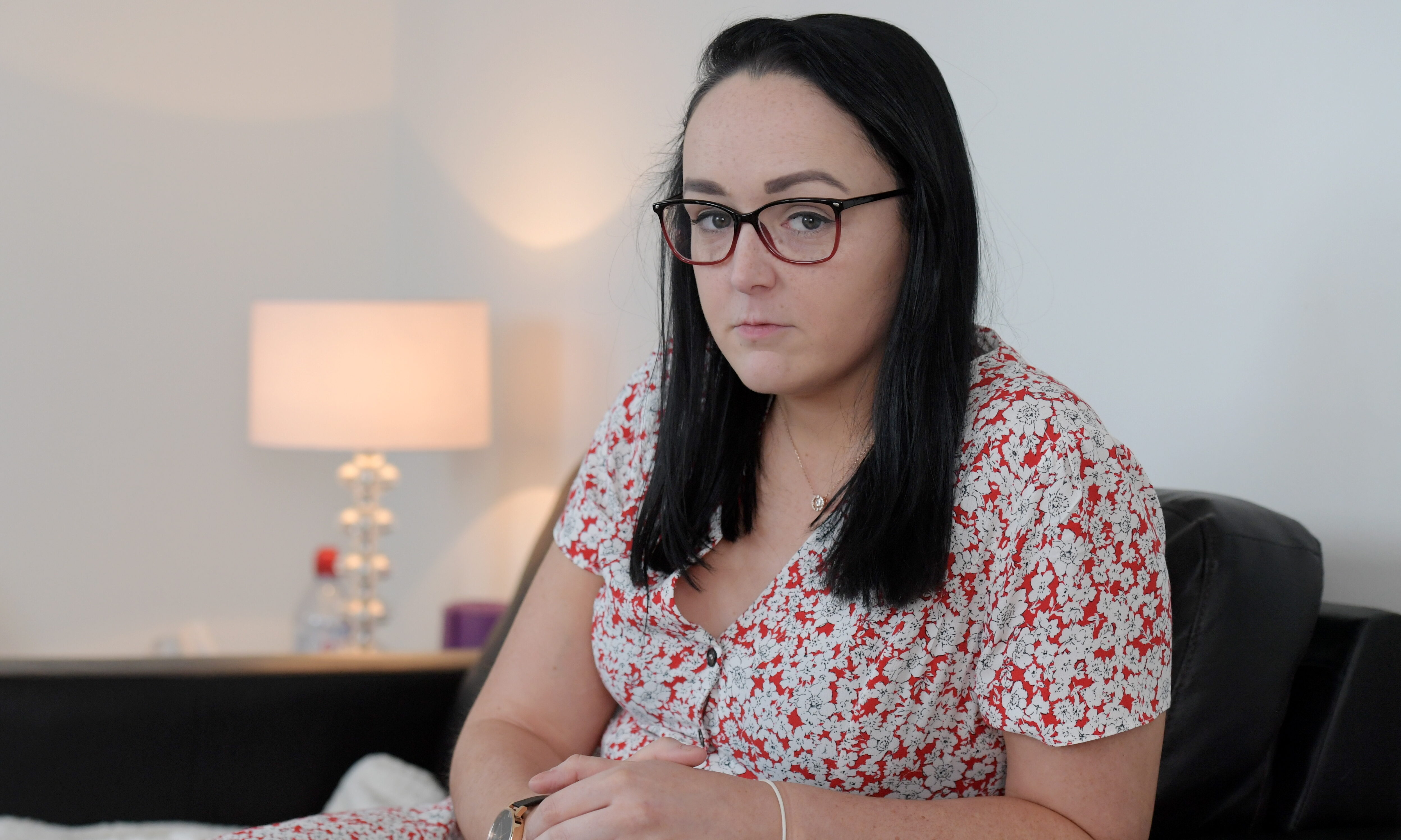
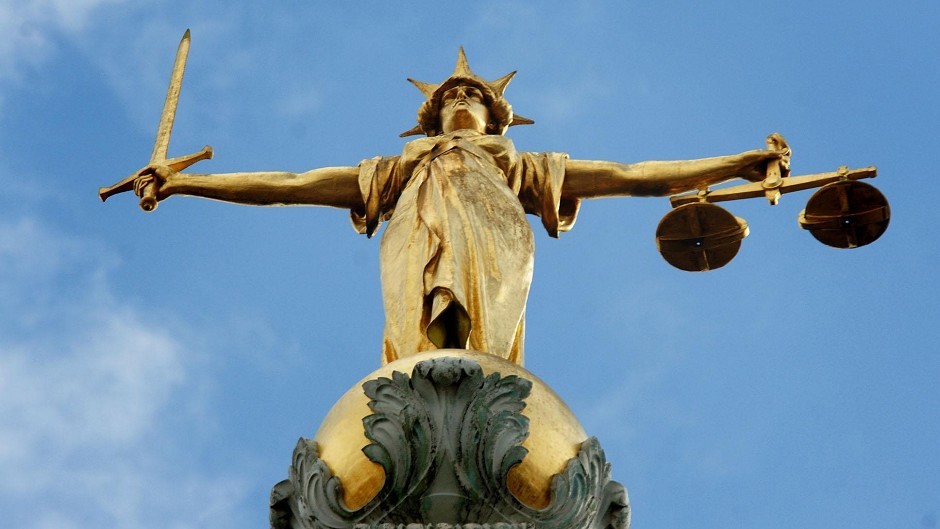
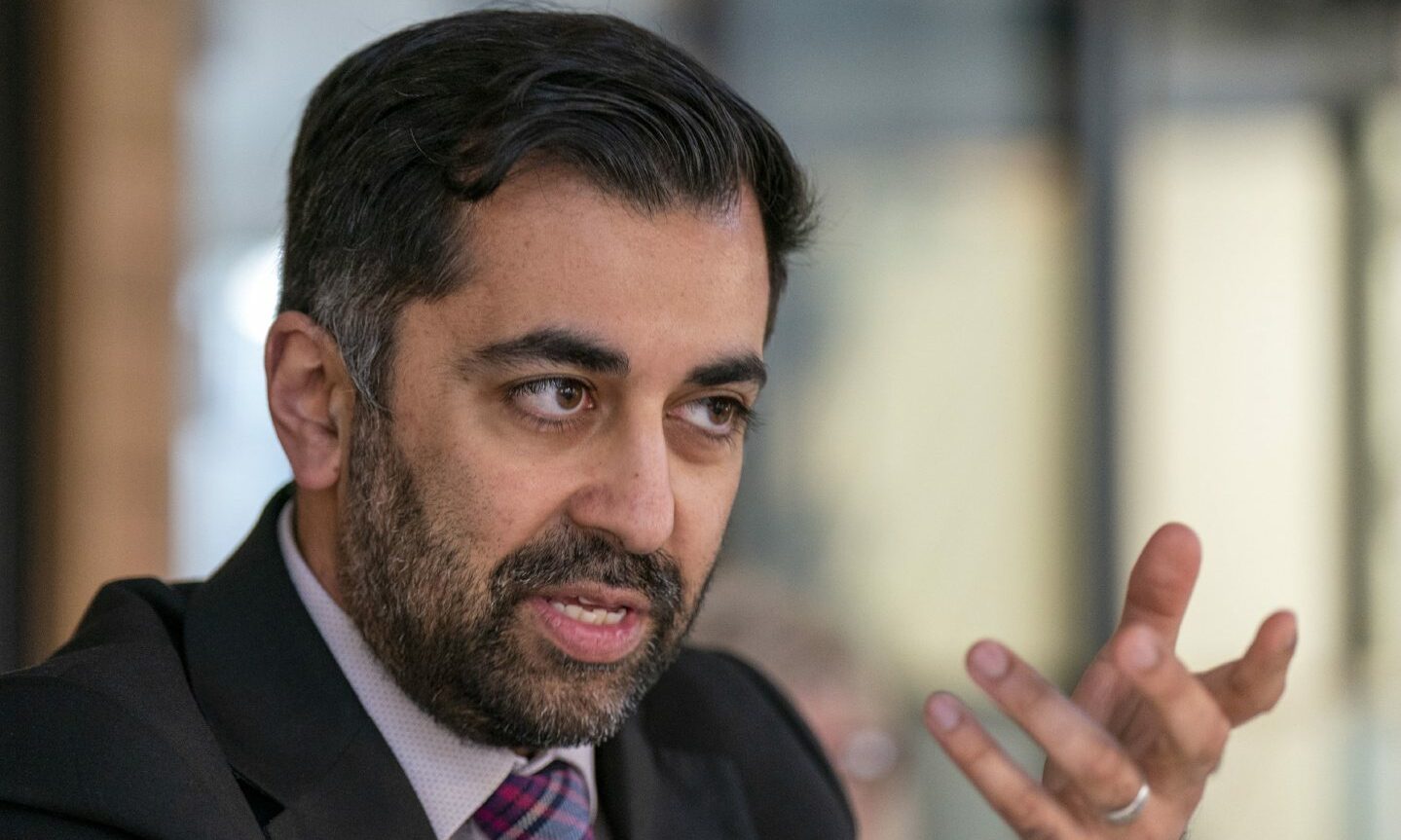
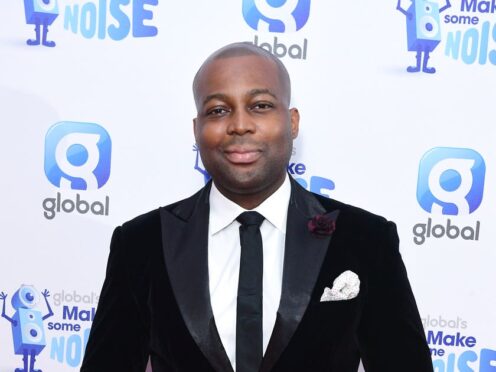
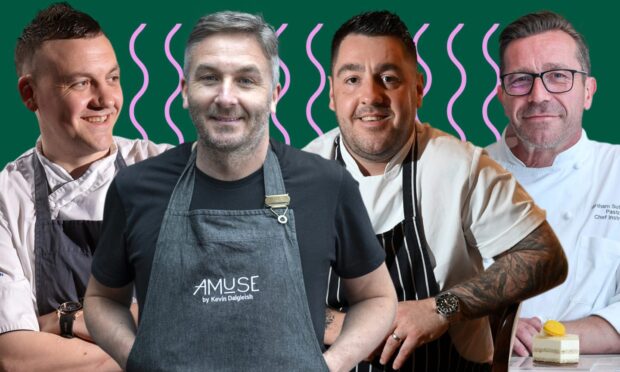
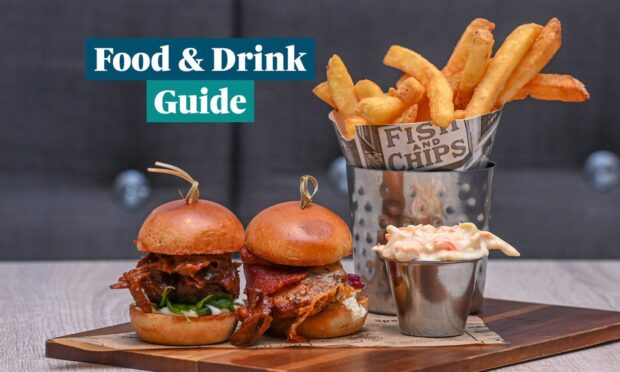
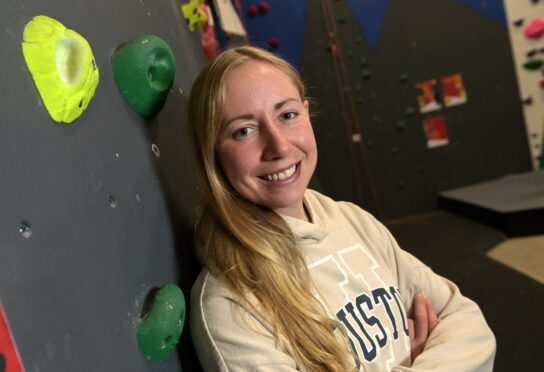

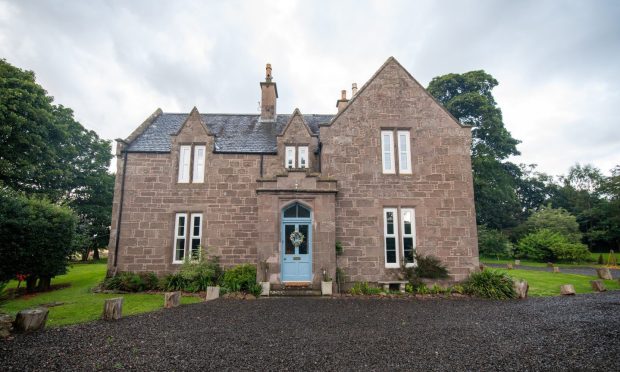
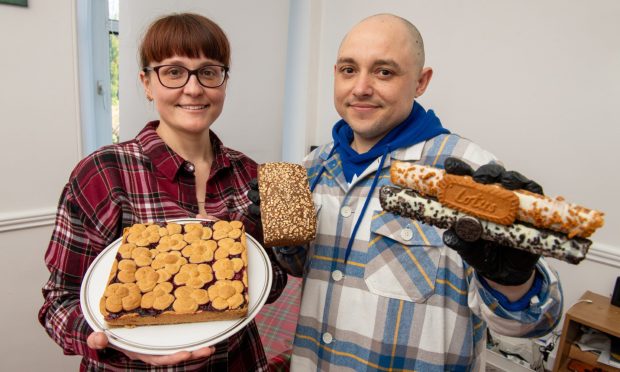

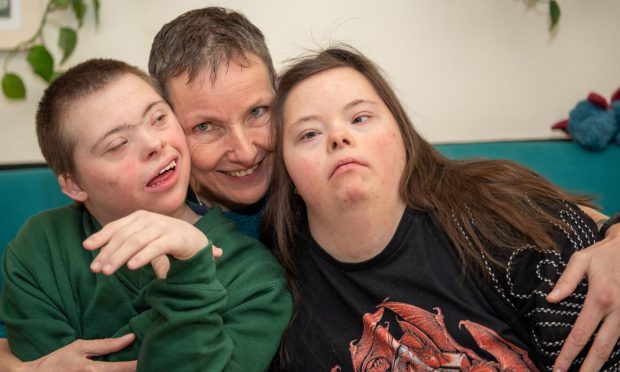

Conversation